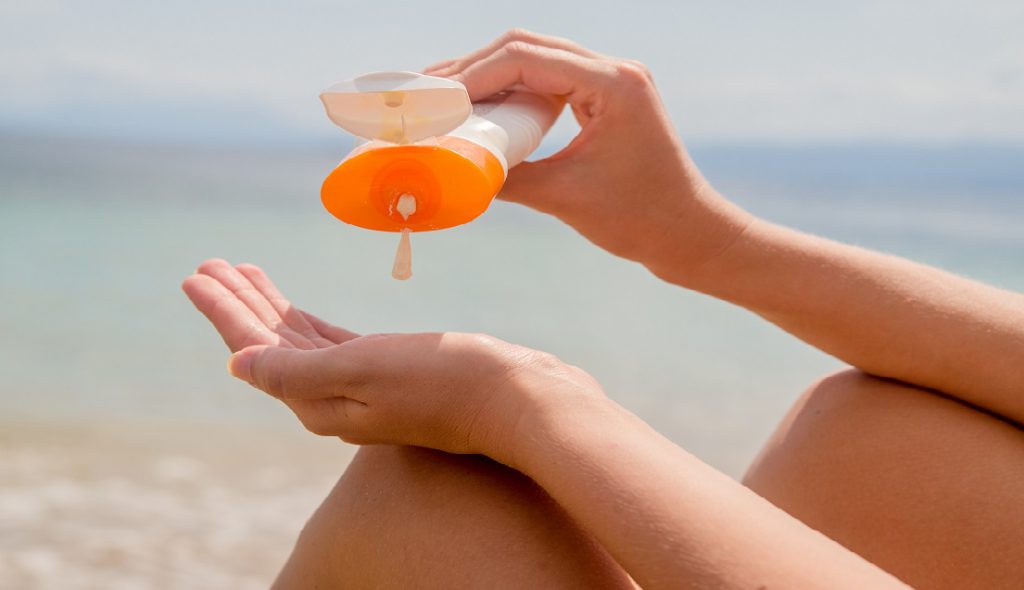
Photo from The Skin Cancer Foundation
Andrea Hernandez
Exposure of the skin to sunlight has both benefits (increased vitamin D) and potential harms (skin cancer). A public health recommendation was made that both light and dark complexioned people should wear sunscreen for any exposure to the sun. This recommendation is used as part of promotional messaging by the companies that make and market sunscreen. This strict approach is open to debate. And it’s also unclear that it applies to all skin types.
In a New York Times article “Should Black People Wear Sunscreen?” Pierre-Louis tackles the public health recommendation that everyone–regardless of skin variation, age, and gender–needs to wear sun protection. She specifically talks about the recommendation that dark-skinned people should wear sunscreen, pointing out the scarcity of research done on dark-skinned individuals to determine the relative benefits and harms. A randomized clinical study found that the four active ingredients found in sunscreen, avobenzone, ecamsule, octocrylene, and oxybenzone, are absorbed into the blood stream of healthy volunteers that exceeded Food and Drug Administration limit. The potential downsides of absorption of the active ingredients in sunscreen into the circulation are unknown.
It’s not clear that people with lots of natural melanin benefit from routine use of sunscreen in any amount of sun exposure. Melanin is a molecule that works like sunscreen. It absorbs and deflects UV rays. More research is merited before recommending routine use of sunscreen for any amount of sun exposure in people with greater melanin in their skin.
Sources:
https://jamanetwork.com/journals/jama/fullarticle/2733085?guestAccessKey=e1ad4492-fe70-4f53-970d-d63bfa1cdccd
https://www.healthline.com/health/beauty-skin-care/fitzpatrick-skin-types#what-it-means
http://www.bananaboat.com/sun-safety/faq/why-do-some-people-tan-and-others-burn
